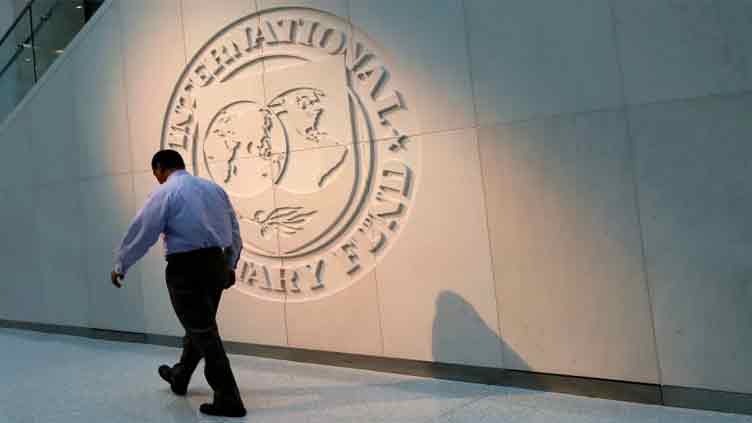Downside risks for Pakistan remain exceptionally high: IMF

Business
Doubts debt repayment capacity
- Says political complexities and high cost of living could weigh on policy
- Warns higher commodity prices and disruptions to shipping, or tighter global financial conditions, would also adversely affect external stability for the cash-strapped nation
KARACHI (Web Desk/Reuters) – Downside risks for the Pakistani economy remain exceptionally high, the International Monetary Fund (IMF) said on Friday, in its staff report on the country, ahead of talks with the Washington-based lender on a longer term programme.
An IMF mission is expected to visit Pakistan this month to discuss a new programme, ahead of Islamabad beginning its annual budget-making process for the next financial year.
"Downside risks remain exceptionally high. While the new government has indicated its intention to continue the SBA’s policies, political uncertainty remains significant," said the IMF in its staff report following the second and final review under the stand-by arrangement (SBA).
“Pakistan’s capacity to repay the Fund is subject to significant risks and remains critically dependent on policy implementation and timely external financing,” the IMF said, thus highlighting the debt repayment challenges.
“Exceptionally high risks — notably from delayed adoption of reforms, high public debt and gross financing needs, low gross reserves and the SBP’s net FX derivative position, a decline in inflows, and socio-political factors—could jeopardise policy implementation and erode repayment capacity and debt sustainability,“ the report said.
It added that political complexities and high cost of living could weigh on policy, adding that policy slippages, together with lower external financing, could undermine the narrow path to debt sustainability and place pressure on the exchange rate.
The IMF also said higher commodity prices and disruptions to shipping, or tighter global financial conditions, would also adversely affect external stability for the cash-strapped nation.
The world’s top financial institution stressed the need for timely post-programme external financing disbursements.
Pakistan last month completed a short-term $3 billion programme, which helped stave off sovereign default, but the government of Prime Minister Shehbaz Sharif has stressed the need for a fresh, longer term programme.
Pakistan narrowly averted default last summer, and its $350bn economy has stabilised after the completion of the last IMF programme, with inflation coming down to around 17 per cent in April from a record high 38pc last May.
It is still dealing with a high fiscal shortfall and while it has controlled its external account deficit through import control mechanisms, it has come at the expense of stagnating growth, which is expected to be around 2pc this year compared to negative growth last year.
Pakistan is expected to seek at least $6bn and request additional financing from the IMF under the Resilience and Sustainability Trust for climate financing.


